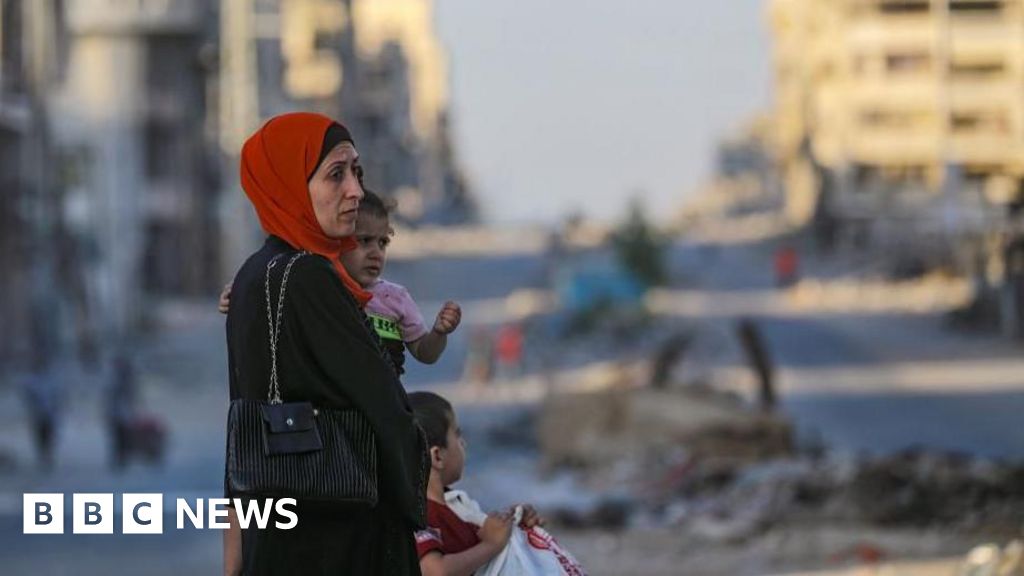By Rushdi Abualouf
Copyright bbc

Despite cautious signs of progress in the ongoing indirect peace talks between Hamas and Israeli delegations in Egypt, centred on a peace plan presented by US President Donald Trump, few people dare to hope.
Many are urging Hamas to accept the deal – they are simply tired of death, displacement and hunger.
And there is a growing view that Hamas has prioritised its own survival over that of Gaza’s people.
Two years on, the split is sharper than ever between Hamas loyalists who still defend the movement to the core, and a war-weary majority of Gazans who have lost patience with endless destruction and despair.
Writing on social media, activist Mohammed Diab called 7 October a “black day in our people’s history”.
Human rights activist Khalil Abu Shammala criticised what he described as “political hypocrisy” among some Palestinian factions.
“For 23 months of destruction, these factions have shown no real national stance – not in politics, not in relief work, not even in respecting the people’s will,” he said.
Most in Gaza, including me, never imagined the war would drag on for two full years.
On the morning of 7 October, I was about to drive my children to school when we saw the first rockets fired by Hamas shooting through the sky.
Soon after, I saw images on social media of Hamas fighters crossing the separation fence towards Israel.
We later learnt of the scale of the Hamas-led attack: 1,200 people had been killed and 251 others taken back to Gaza as hostages.
Within hours, Palestinians realised that Israel would launch a retaliatory campaign unlike any before.
Since then more than 67,000 people have been killed, according to the territory’s Hamas-run health ministry. Its figures are widely accepted by the United Nations and other international bodies as being accurate.
And across the territory, more than 90% of housing units have been damaged or destroyed according to the UN.